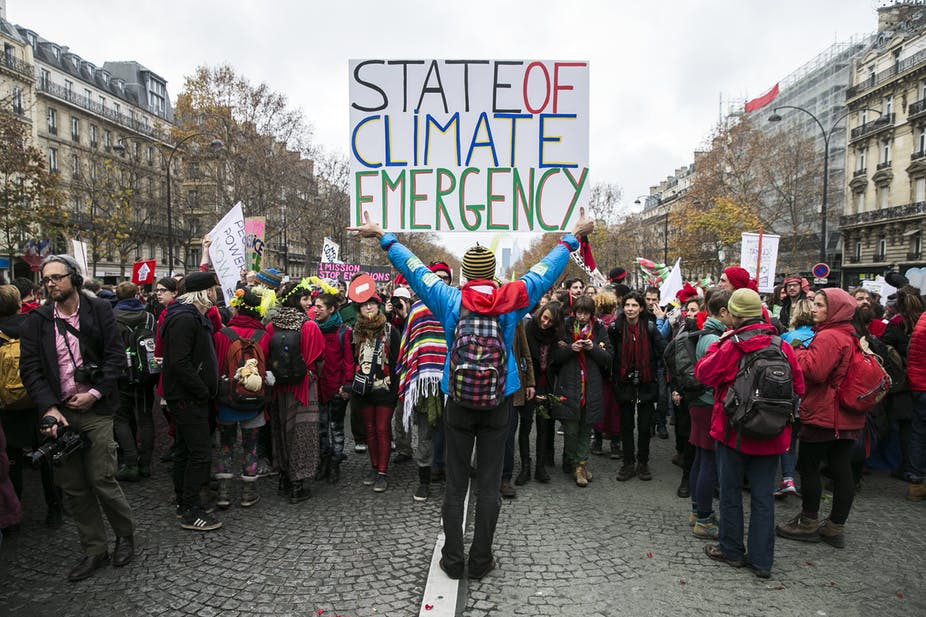My colleagues and I wrote an initial blog post arguing that the question of strategy has received too little attention in the degrowth movement, and by degrowth scholars. Further, we observed that the discourse on strategy in degrowth was excessively plural, being open to all strategies in all contexts, rather than considering case-appropriateness (spatially, temporally, sectorally etc.).
Therefore, we argued that degrowth’s approach to strategy could be described as “strategic indeterminence”, accepting all strategies as valid, equal, and non-conflicting, without critically evaluating the possible tensions between strategies and inadequacies of some strategies in certain contexts . We postulate this indeterminence originates from the degrowth movement’s lack of coherent ‘goals’ (where to move towards?) and systemic understanding of transformation processes (or a theory of change). This makes it incredibly difficult to then make an informed evaluation of strategies and support practitioners in co-creating strategies for degrowth. We hope to open up more space for reflection on these important questions in order to further support and learn from practitioners, activists, and policy-makers working towards degrowth. Towards this end, we invited the degrowth community to respond to our piece and commence a dialogue. We are very excited to share the responses and grateful to the authors for their insights, support and critiques. Lastly, this series has become more relevant in the last year as a group of organizers and academics in Vienna have come together to organize a thematic conference on strategy in degrowth for 2020.
Ten-part series on Strategy in the degrowth movement
0. Beyond Visions and Projects: the need for a debate on strategy in the degrowth movement (Christoph Ambach, Nathan Barlow, Pietro Cigna, Joe Herbert, Iris Frey)
1. On strategies for socioecological transformation (Panos Petridis)
2. Before strategy, who is strategising? (Jocelyne Sze and Omar Saif)
3. Degrowth and transformation: a reflection (Christos Zografos)
4. Paving the way for post-growth policy-making: A co-creative process to advance the degrowth movement ()
5. Strategies for a degrowth transformation: How useful are historical analogies? ()
6. Strategies for Cultural Change: Degrowth and the Use of Space (Francesca Van Daele)
7. Entry Points for Transformative Politics: The Power of Unstated Premises (Timmo Krüger)
8. Building Counter-Institutions: A Call for Activism beyond Raising Awareness (Joël Foramitti)
9. From Taming to Dismantling: Degrowth and Anti-capitalist Strategy (Ekaterina Chertkovskaya)
10. Reflecting on the emerging strategy debate in the degrowth movement (Nathan Barlow and Joe Herbert)

The negotiators at this year's COP25 in Madrid achieved nothing, despite warnings from many voices about the acceleration of the climate crisis. The UN climate negotiations in Madrid, COP25, have amounted to precious little. The extended talks have provided the opportunity for petrol states and developed countries to excise the red lines of developing countries from the text of the...

At the COP24 conference in Poland, countries are aiming to finalise the implementation plan for the 2015 Paris Agreement. The task has extra gravity in the wake of the recent IPCC report declaring that we have just 12 years to take the action needed to limit global warming to that infamous 1.5ᵒC target. Although the conference itself is open to selected state representatives only, many see t...

In order to facilitate the transition towards a postgrowth or even degrowth economy, further research on alternative ecoomic and social models is utterly important, as we have no working models of non-growing economies at the moment. However, despite the urgency of this matter, progress in this direction is slow. Large amounts of research-funding are directed towards "green growth" and other...